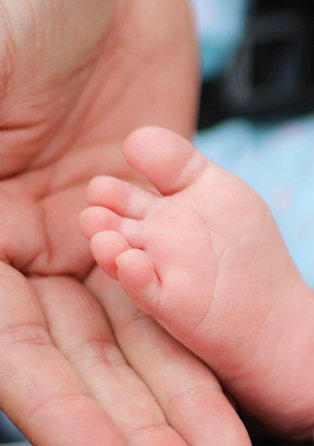
What is Mediation?
When you and an ex-partner have family issues about which you do not agree, such as parenting decisions, arrangements for your children, financial arrangements between yourself and the ex-partner or divorce itself, mediation is one of three main formal options that can help you resolve them. Those options are Mediation, Solicitor Negotiation and Court. There are several other options, such as collaborative law and arbitration, that can be used, but the vast majority of family issues are dealt with using the “main” three options. The options are not mutually exclusive, so you can choose to use one, two or even all three of them at the same time, although you must attend a Mediation Information and Assessment Meeting before you can make a court application, unless you are entitled to one of the limited number of exemptions.
Click here to view an informative, 2 minute video about mediation published by the Ministry of Justice (Below).
Mediation is a confidential process. This means that nothing that is said in mediation can be used outside of mediation, including in court, without the consent of both parties. This provides clients in mediation with a “safe space” in which they can have open and honest discussions about what they would like and why, without having to worry about anything they say being “used” against them. If mediation is successful, then the proposals that have been arrived at can be used to conclude the negotiations however the clients feel appropriate. This could be by both deciding to simply refer to the mediated agreement as needed, or it could be through turning it into a “Deed of Separation” or “Parenting Plan”, or it could be by applying for a Consent Order. If the mediation process is unsuccessful, then it is as though it never happened and you return to the position you were in prior to mediation taking place. This ensures that the worst case scenario in mediation is that you leave in exactly the same position as when you entered, while the best case scenario is that you resolve all your issues in a mutually acceptable way.
Get InTouch

What mediation can and can’t do
You can be given solutions that others in similar circumstances have used. All of our mediators have assisted hundreds or thousands of people in similar situations to you, and can flag up any courses of action that seem relevant to your case.

Why Mediation?
Mediation provides clients with a “safe” environment in which to discuss their issues. In court a judge or magistrates will make decisions about your life / the lives of your children, which will then be binding. You may not agree with the court’s decision and may feel that the outcome does not work and / or is not fair.

How It Works
If you contact us to find out about, or to book, mediation, you will either do so by filling in a referral form on this site after which we will call you back, or directly over the phone. The admin team will ask you some questions and help you to decide between your initial options.

Child Inclusive Mediation
There has now been a move across the whole family justice system to give children the opportunity to express their wishes and feelings and have these taken into account in deciding on arrangements.

